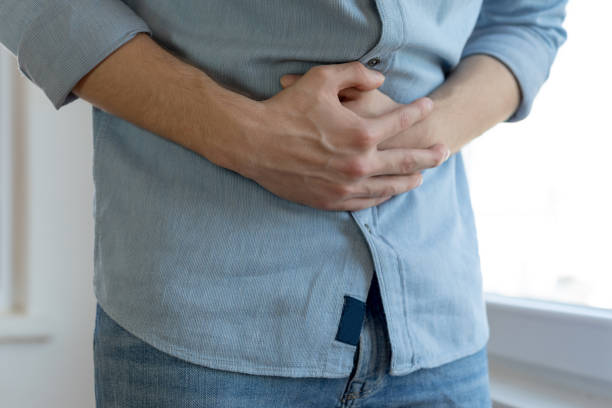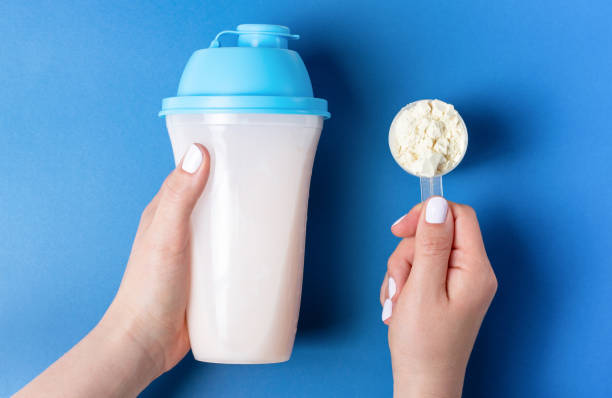Can i take creatine on an empty stomach? - Combat Creatine
Can You Take Creatine on an Empty Stomach?
Creatine is a popular supplement among athletes and fitness enthusiasts. But many people wonder whether it is safe or effective to take creatine on an empty stomach.
This article answers that question and provides practical advice for optimizing your creatine intake.

Outline
- What Is Creatine?
- How Does Creatine Work in the Body?
- Why Do People Take Creatine?
- Is It Safe to Take Creatine on an Empty Stomach?
- Benefits of Taking Creatine Without Food
- Potential Side Effects of Taking Creatine on an Empty Stomach
- Does Timing of Creatine Intake Matter?
- Should You Mix Creatine With Water, Coffee, or a Meal?
- How Much Creatine Should You Take Per Day?
- Best Practices for Creatine Supplementation
What Is Creatine?
Creatine is a naturally occurring compound found in small amounts in foods like red meat and fish. It is also produced by the body. Creatine helps the muscles produce energy during high-intensity exercise.
Many people supplement with creatine to improve physical performance.

How Does Creatine Work in the Body?
How Does Creatine Work? Creatine works by increasing the muscles' ability to store and use phosphocreatine.
This compound helps regenerate ATP, which is the primary energy source for muscle contractions.
By enhancing ATP production, creatine supplementation can improve strength, endurance, and recovery.
Why Do People Take Creatine?
People take creatine to boost muscle strength, improve workout performance, and support recovery.
Studies have shown that creatine supplementation can increase muscle creatine stores, enhance energy production, and promote muscle growth.

Is It Safe to Take Creatine on an Empty Stomach?
Yes, it is generally safe to take creatine on an empty stomach. Many individuals prefer taking creatine first thing in the morning without food.
However, some people may experience mild stomach issues, such as bloating, when creatine is taken without a meal.
Learn about potential side effects.
Benefits of Taking Creatine Without Food
Taking creatine on an empty stomach may result in faster absorption. The lack of food in the digestive system allows creatine to enter the bloodstream more quickly.
This can be particularly useful for individuals who want rapid absorption of creatine into muscle cells.
For additional insights, check out Creatine Monohydrate Gummies.
Potential Side Effects of Taking Creatine on an Empty Stomach
While creatine is safe for most people, taking it on an empty stomach may cause mild digestive issues.
These include bloating, stomach discomfort, or nausea. If you experience these symptoms, consider taking creatine with a meal or splitting your dose.
For more information, visit Does Creatine Make You Poop?.
Does Timing of Creatine Intake Matter?
The timing of creatine intake is less important than maintaining consistent daily use. Some people prefer to take creatine before a workout for potential performance benefits.
Others take it after a workout to support recovery. The most important factor is reaching the recommended dose of creatine per day.
Learn more about Creatine Timing.

Should You Mix Creatine With Water, Coffee, or a Meal?
Creatine can be mixed with water for easy consumption. Some people mix creatine with coffee for a pre-workout boost.
Combining creatine with a high-carbohydrate meal may enhance creatine uptake due to insulin’s role in nutrient transport.
For comparisons, explore Creatine Powder vs. Pills.
How Much Creatine Should You Take Per Day?
The typical daily dose of creatine is 3-5 grams. This amount is sufficient to maintain muscle creatine stores.
During a loading phase, some people consume 20 grams of creatine per day for 5-7 days to saturate their muscles faster.
Check out Creatine Loading Phase Explained.
Best Practices for Creatine Supplementation
- Start with a loading phase: Take 20 grams of creatine per day for one week, split into 4 doses.
- Switch to a maintenance dose: After the loading phase, take 3-5 grams of creatine per day.
- Stay consistent: Consistent daily intake is key to maximizing benefits.
- Stay hydrated: Drink plenty of water to avoid dehydration and minimize potential side effects.
- Monitor your body’s response: If taking creatine on an empty stomach causes discomfort, switch to taking it with a meal.
For more tips, visit Creatine Supplementation Benefits for Recovery.

Key Takeaways
- Creatine is a safe and effective supplement for enhancing muscle performance.
- Taking creatine on an empty stomach may speed up absorption but could cause mild stomach issues.
- Consistency in daily creatine intake is more important than the timing of consumption.
- The typical dose is 3-5 grams of creatine per day.
- Stay hydrated and adjust your routine if you experience side effects.
For More Training Advice + Diet and Lifestyle visit us Combat Creatine
PS: Make sure you check out the rest of our Creatine Guides:
Creatine
When to Take Creatine: Pre vs Post Workout
Is Creatine Safe for Teen Athletes
Can You Take Creatine for Weight LossShould I Take Creatine on Rest Days or Off Days
Can You Take Creatine Before Bed
Can You Take Creatine Without Working Out?Can You Mix Collagen and Creatine in One Drink?What Happens When You Stop Taking Creatine
The Impact of Alcohol and Creatine












